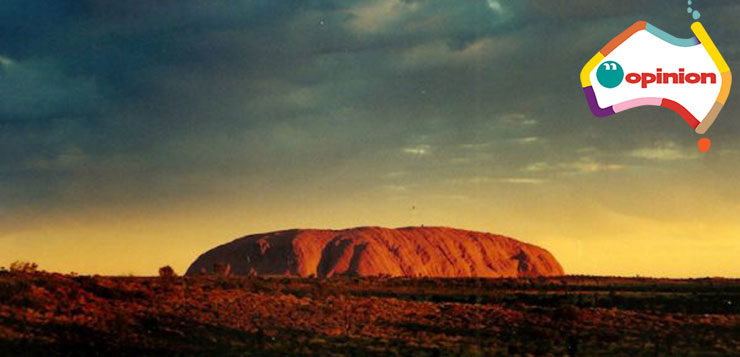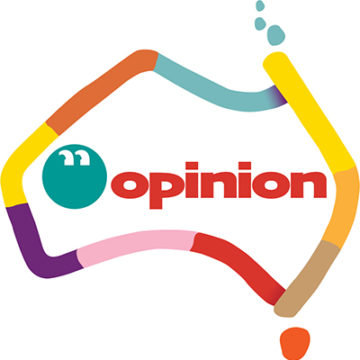 Will a Voice to parliament for Australia’s Indigenous peoples really come from, and represent, the nation’s most marginalised? Dr Monica Seini weighs in.
Will a Voice to parliament for Australia’s Indigenous peoples really come from, and represent, the nation’s most marginalised? Dr Monica Seini weighs in.
We, non-Indigenous Australians, need to turn the lens on ourselves in the debate on the upcoming Referendum on Constitutional recognition of an Indigenous Australian Voice. Will the Referendum prompt us to acknowledge the history of our present, and truly open our ears to an Indigenous voice, whatever that may look like?
I am by no means advising people to vote no, nor am I against a change to the Constitution. I am offering caution.
It will not be Aboriginal and Torres Strait Islander peoples who decide the outcome of the referendum.
Almost 97% of people in Australia are non-Indigenous; hence, those of voting age within this majority will determine the outcome. A year ago, on 30 July 2022, our newly elected Prime Minister Albanese spoke at the Garma Festival on Yolngu Country. The PM encouraged people to vote with their heart and vote ‘Yes’.
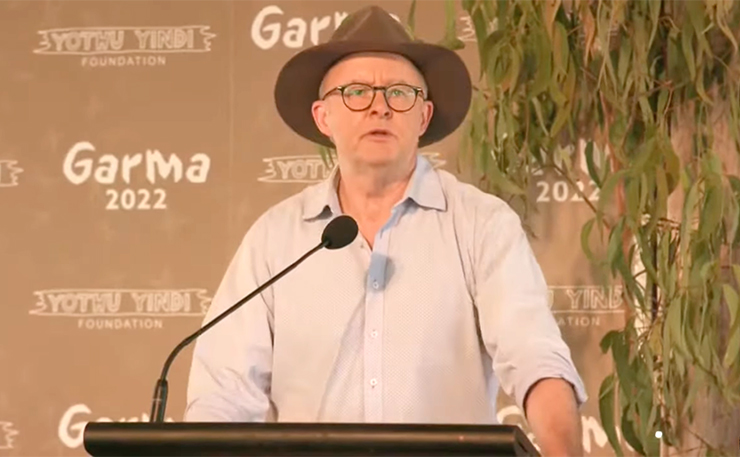
If the Yes vote is successful, we so-called woke folk will be ecstatic. We will pat ourselves on the back for gifting Aboriginal and Torres Strait Islander peoples a Voice regarding their own affairs, on their own Country. Land that has never been ceded. What then?
It will not be Aboriginal and Torres Strait Islander peoples who decide how the Voice will be enacted if the Referendum is successful.
It is the Parliament that will decide how the Voice will look, and sound. According to our Prime Minister: “The Parliament shall, subject to this Constitution, have power to make laws with respect to the composition, functions, powers and procedures of the Aboriginal and Torres Strait Islander Voice. “Writing the Voice into the Constitution means a willingness to listen won’t depend on who is in government or who is Prime Minister.”
We do not, to date, know what The Voice will look or sound like. We can, however, safely assume it will indeed be subject to change depending on who is in power. Policies managing and controlling Aboriginal peoples are constantly changing, and rarely for the better.
At Garma, PM Albanese did acknowledge the “over 200 years of broken promises and betrayals, failures and false starts”. In our short colonial history in this country, policies regarding Aboriginal and Torres Strait Islander peoples have been many and varied. The only consistency has been our ahistorical problematisation of Indigenous peoples.
In recent decades, we have been obsessed with quick fix solutions for the Indigenous problem. Solutions informed by our own voice; or the voice of Indigenous peoples who look and or sound like us.
Let me be frank here. In truth, we only have the capacity to hear one voice – our own – or, one that sounds like our own. A voice that reflects our own values, our own interests.
These are often the perspective we read in conservative media: we are all Australian. If Aboriginal and Torres Strait Islander peoples become like us, they will be better off.
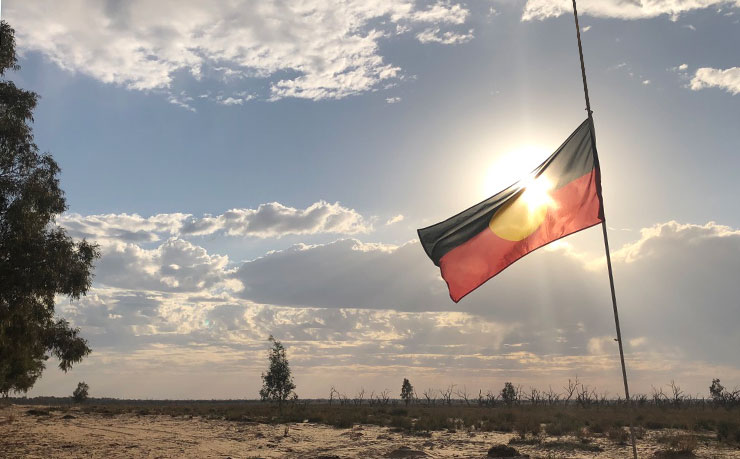
We may gasp with astonishment when we hear this rhetoric. However, even those of us with the best of intentions buy into this. Us do-gooders and helpers fail to see that we are driven by an imperative to mainstream Indigenous Australians.
We can help them because we know what is best for them. This is where, perhaps inadvertently, the political and social left merges with the argument of the right. We need to save Indigenous Australians from themselves.
We need to bring them into the fold, where they will enjoy the same education, health, housing and way of life as us. How has that been going? To date, the political and policy responses in this regard have given us monumental failures, such as Closing the Gap.
I do not want to engage in deficit discourse, however, we must speak the truth. We currently have, in the PMs own words: “A broken system that burns billions of dollars and delivers precious little for the people”.
Personally, I have been a part of the problem. A previous well-paid government role was part of spending on Indigenous health. Yet, despite my enthusiasm (and ignorance) I effected absolutely no positive change.
Arguably, I did more harm by raising expectations when there was never any honest intent to improve health outcomes for the community. I wasn’t blamed, however. Failures and blame are invariably placed back at the feet of Aboriginal and Torres Strait Islander peoples.
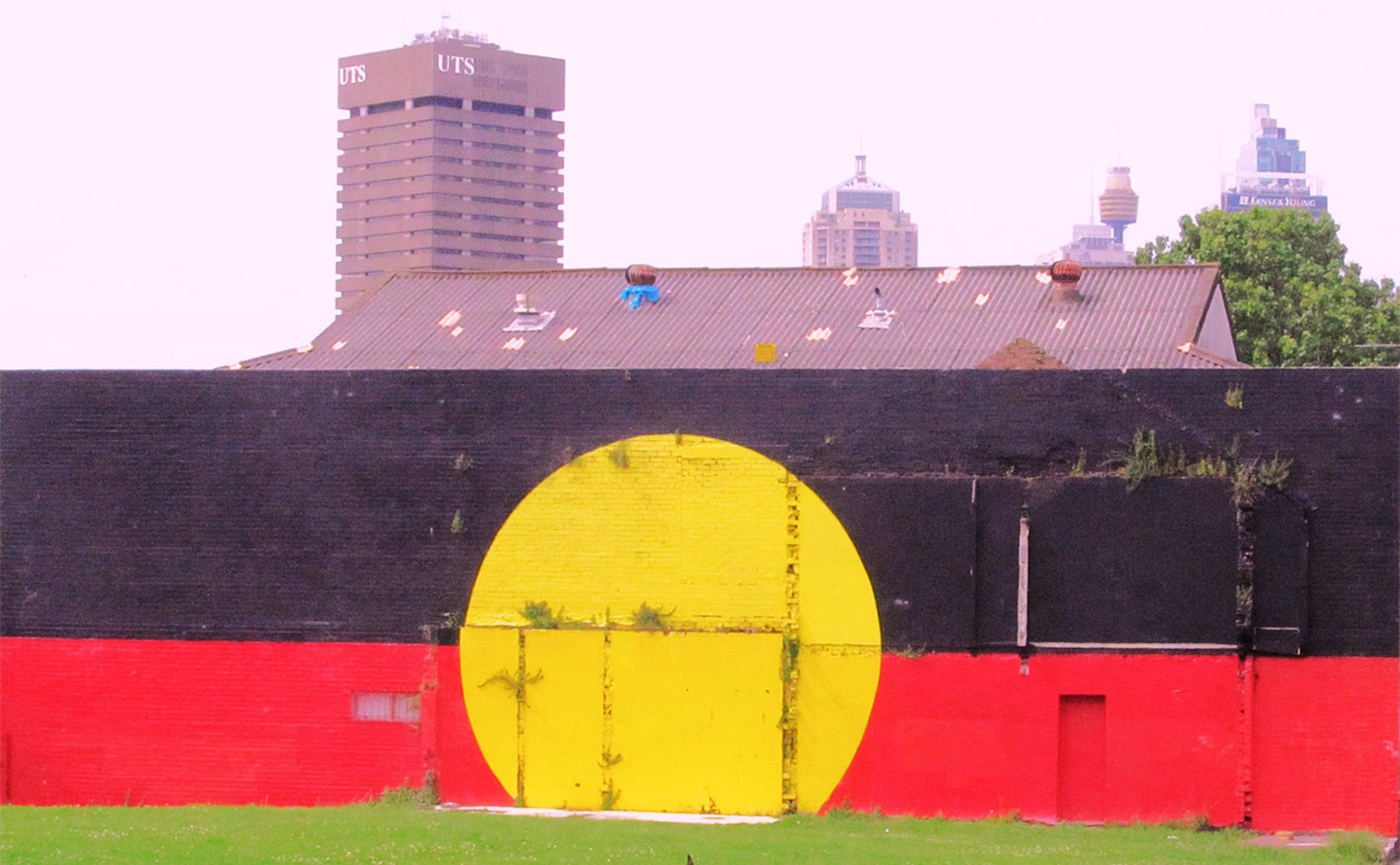
Why do we think the advice, and our willingness to hear it, will be different post referendum? None of the debates we are currently having are new. Aboriginal and Torres Strait Islander peoples have long been advising governments on issues that affect them.
There have been people calling for a Voice for at least 100 years – Maynard, Cooper, Nichols and many others in the decades leading up to the Uluru Statement and current debate. Over this time, Aboriginal and Torres Strait Islander peoples have consistently negotiated, compromised, pleaded and protested for the right to speak for their own interests.
Again, I stress caution. Having a Voice may enable an empowered few Indigenous Australians to influence policy. Or, it may simply make Aboriginal and Torres Strait Islander peoples an easier target to blame.
My plea: don’t mug yourself. And don’t mug Indigenous peoples.
Voter good intentions will not necessarily improve life for most Indigenous Australians. Responding ‘Yes’ to a Referendum question must not constitute the full extent of our commitment to listening to Indigenous Australians.
The history of our present race relations – yes it is an issue of race – needs a far deeper examination. Not the usual focus on Indigenous peoples and their problems. Examination of ourselves as non-Indigenous Australians, as we are, in truth, the voice that ultimately determines Indigenous policy.
Donate To New Matilda
New Matilda is a small, independent media outlet. We survive through reader contributions, and never losing a lawsuit. If you got something from this article, giving something back helps us to continue speaking truth to power. Every little bit counts.

